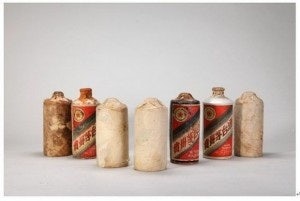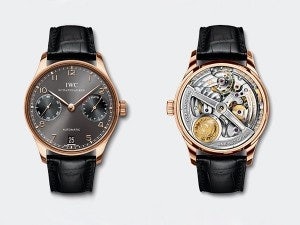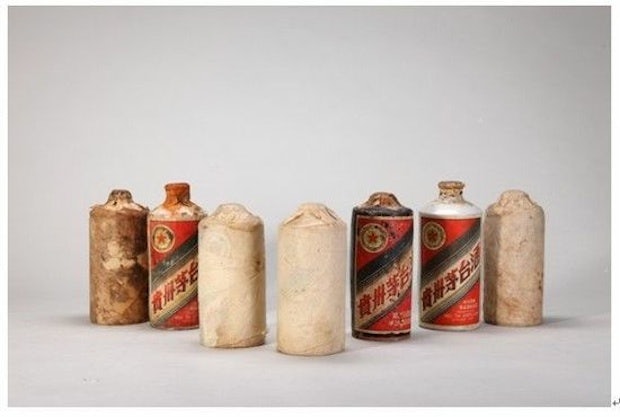"There Is A Clear Trend Toward Gifting More Modestly Priced Top Luxury Goods"#

We've previously noted the changing dynamics of China's culture of gift-giving, hastened by Beijing's recent crackdown on excessive spending by government officials, but this week, a new Hurun Report survey finds that two luxury segments in particular -- luxury watches and Chinese spirits -- have been the hardest hit. According to the Chinese Luxury Consumer Survey 2013, which surveyed 551 Chinese millionaires with net worth of over 10 million yuan, leading baijiu brand Moutai has fallen out of the top 10 brands preferred for professional gift-giving by millionaires in China, dropping from fifth to 13th place.
Among the reasons for this decline was greater public debate about spending on high-end baijiu by government officials -- still Moutai's largest single buyer base -- as well as a high-profile product safety scare. Demand for Moutai was also hit this past year by a government crackdown on lavish banquets and alcohol ban at military events. Wine, however, remains a popular gift, according to the Hurun Report, with former auction darling Chateau Lafite making the top 10 this year.
As Hurun Report founder Rupert Hoogewerf told China Daily, Moutai's drop in this year's list is far from unexpected:
"[Moutai's] drop in popularity came on the back of the public debate on whether government officials,the largest customer base for Moutai, should be allowed to consume what is effectively a luxury brand with its main product retailing at 1,800 yuan ($289) a bottle, and also a health scare involving the use of plasticizers."

As Jing Daily has previously written, luxury watches also took a hit in 2012 as eagle-eyed Weibo users exposed high-profile bureaucrats sporting timepieces worth tens of thousands of dollars despite modest official salaries. While demand for high-end brands remains strong, particularly among businesspeople, Longines was the only watchmaker to make Hurun's gift-giving list this year, replacing Rolex at 15th place. We expect luxury timepieces to remain a controversial issue in 2013, as RFI (Chinese) reported this week that some government officials have stopped wearing watches altogether for fear of greater scrutiny.
Though behavior is changing, gift-giving is unlikely to completely go the way of the dodo in China. Conversely, it continues to thrive, yet in many cases luxury timepieces and high-priced bottles of baijiu are simply being replaced by less visible items. Indeed, a look at the Hurun Report's study shows that accessories are far and away the most popular gifting category across all major luxury brands among Chinese millionaires. Smaller items like pens, keychains, wallets and bags that are easily concealed should remain popular gifts even in times of greater scrutiny, and as such brands like Montblanc (ranked seventh on this year's list) could see a boost on the next installment.
